Hydrogen is one of the most abundant elements in the entire universe, but it has only recently become a key resource for our planet. The detection of hydrogen is crucial because its versatility and unique properties make it ideal for use in so many areas, from energy production to advanced technology. Being much lighter than air, it is impossible to find it at ground level, but it is often found in nature combined with other elements, thus offering the possibility of creating it by separation from them. The most common source is water, which, being composed of hydrogen and oxygen (H2O), is broken down through a process of electrolysis to produce hydrogen.
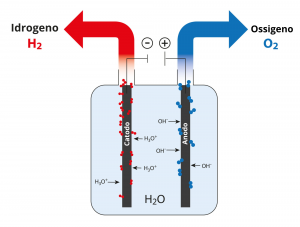
Hydrogen production has a rather high cost, which rises even higher when talking about green hydrogen. The energy used for electrolysis, if it comes from renewable energy sources such as wind, solar or nuclear, does not lead to any excess gas emissions and consequently has zero environmental impact. The overall production of hydrogen requires more energy than other fuels and, unless the electricity needed to produce it comes from renewable sources, could be counterproductive.
Hydrogen, applications for the future
Hydrogen has unique characteristics that allow it to be used in various applications, including:
- Power generation
- Sustainable mobility
- Industry
- Aerospace
- Energy storage
- Electronics and fuel cell industry
- Space exploration
- Analysis and laboratory
These are just a few of the realities in which hydrogen is currently used, as it is in continuous development and growth many more will be added in the future. We will go into more detail on some of them in the coming months.
Energy production
Hydrogen can be used as an energy carrier to generate electricity through fuel cells. This process generates electricity by combining hydrogen with oxygen, producing only water as a by-product.
Sustainable mobility
Hydrogen can be used as fuel for fuel cell vehicles, powering electric motors without harmful gas emissions. This can help reduce air pollution and promote sustainable mobility.
Industry
Hydrogen is widely used in the chemical industry for the production of ammonia, which is essential for the production of many products. It can also be used as a reducing agent in some industrial processes, such as steel production.
Energy storage
Hydrogen can be used as a means of storing energy in chemical form. Excess electricity produced from renewable energy sources can be used to produce hydrogen by electrolysis, later being used to generate electricity when needed.
Hydrogen, why is it crucial to detect it?
Hydrogen is a highly flammable gas and in certain concentrations can form explosive mixtures with air. By detecting it, potential accidents or explosions can be prevented both during its transportation and storage, especially in high-pressure storage systems. Furthermore, within industrial applications, it is often used in chemical and manufacturing processes, and monitoring it helps optimise processes, ensuring that concentrations are kept within desired limits to maximise efficiency and reduce waste.
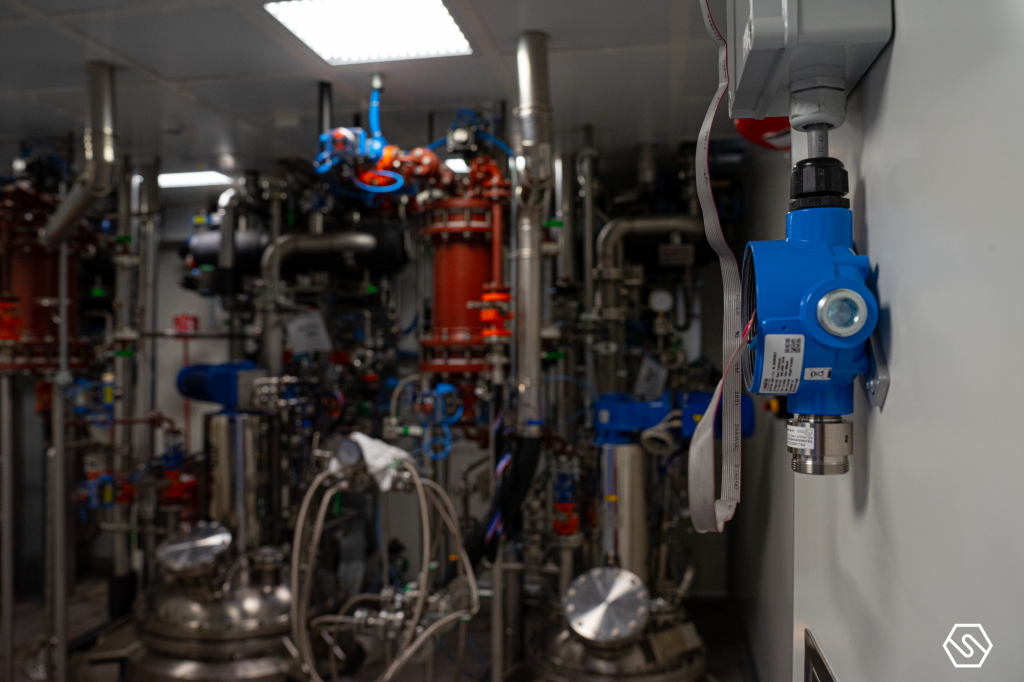
Hydrogen detection, what to use?
For safe and effective hydrogen detection within a plant, our SMART 3G series gas detectors are ideal:
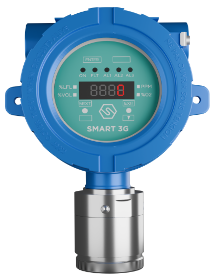
SMART 3G D2
Suitable for detecting flammable substances, toxic gases, refrigerants and oxygen in classified areas.ATEX, IECEx and SIL2/3 certified.
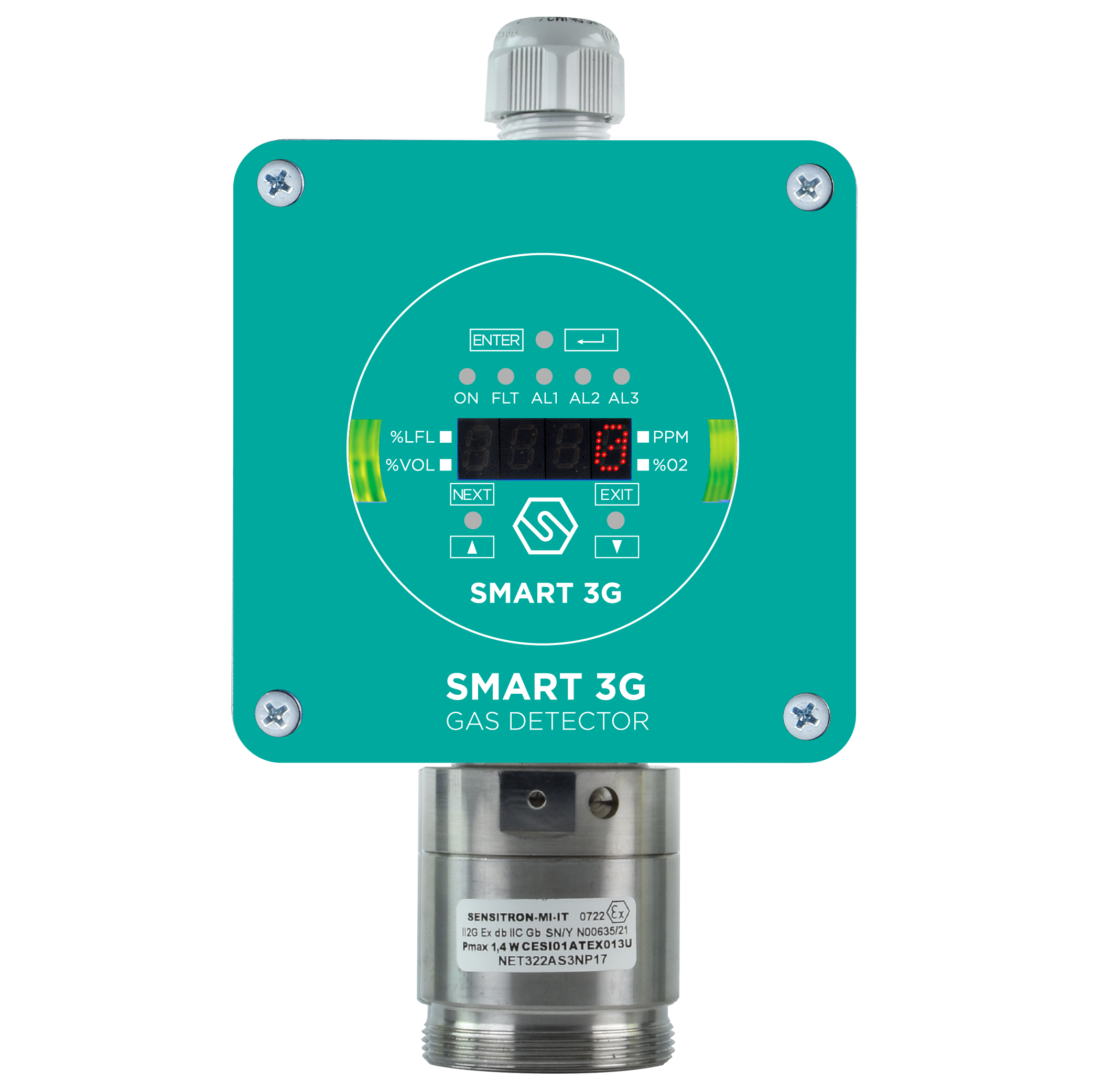
SMART 3G D3
Suitable for gas detection in classified areas, ATEX, IECEx and SIL2/3 certified, allows for non-intrusive field calibration.
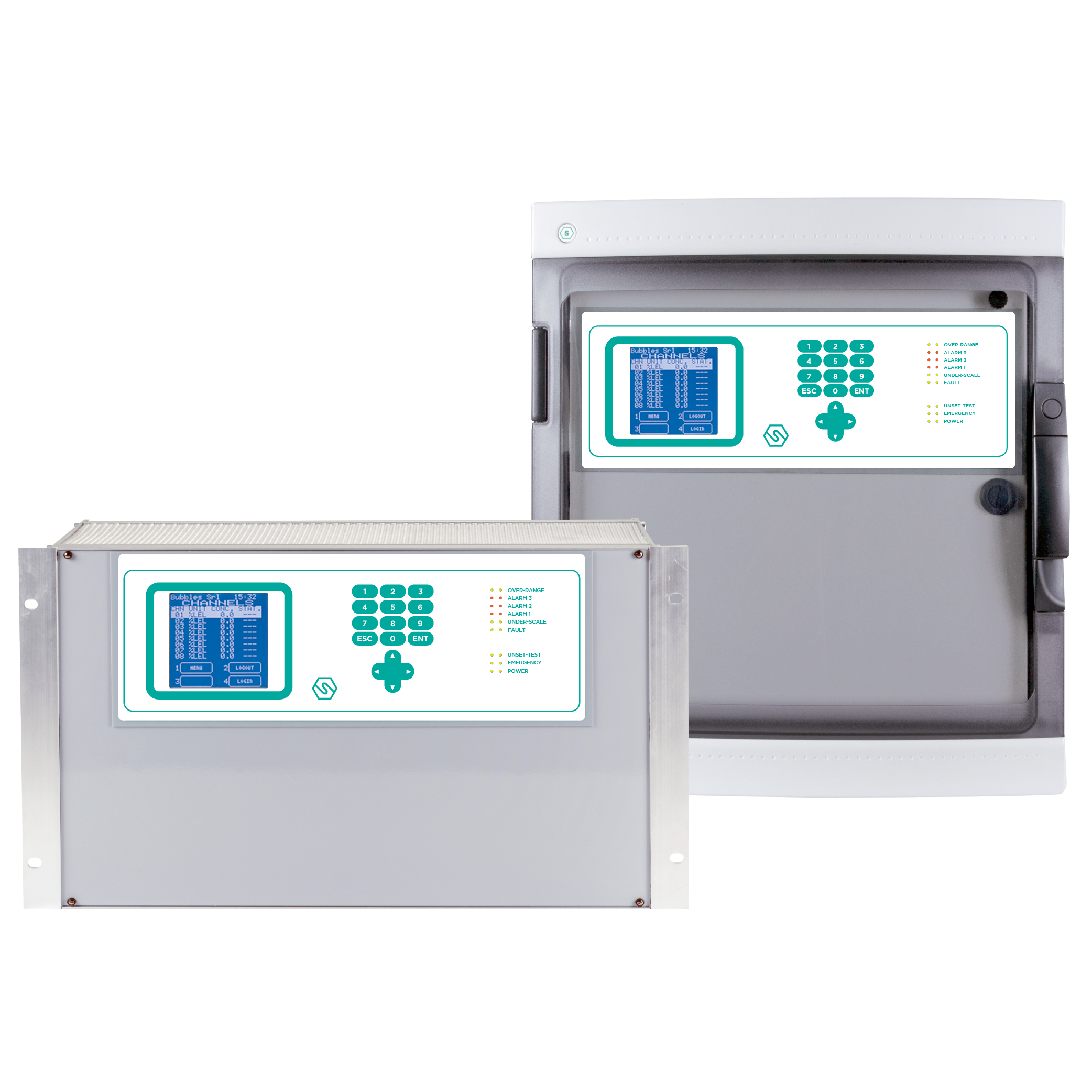
MULTISCAN++S1/S2
Designed to meet the widest market demand for flexibility, they allow the management of up to 264 detectors. ATEX and SIL certified.
Our certifications for hydrogen detection
The use of hydrogen within the various applications, as well as during its storage or transport, requires very careful attention to avoid risks and dangers. Our products are certified to work under harsh conditions, guaranteeing safety.

ATEX
The directive sets out the requirements and assessment of equipment intended for use in potentially explosive atmospheres.
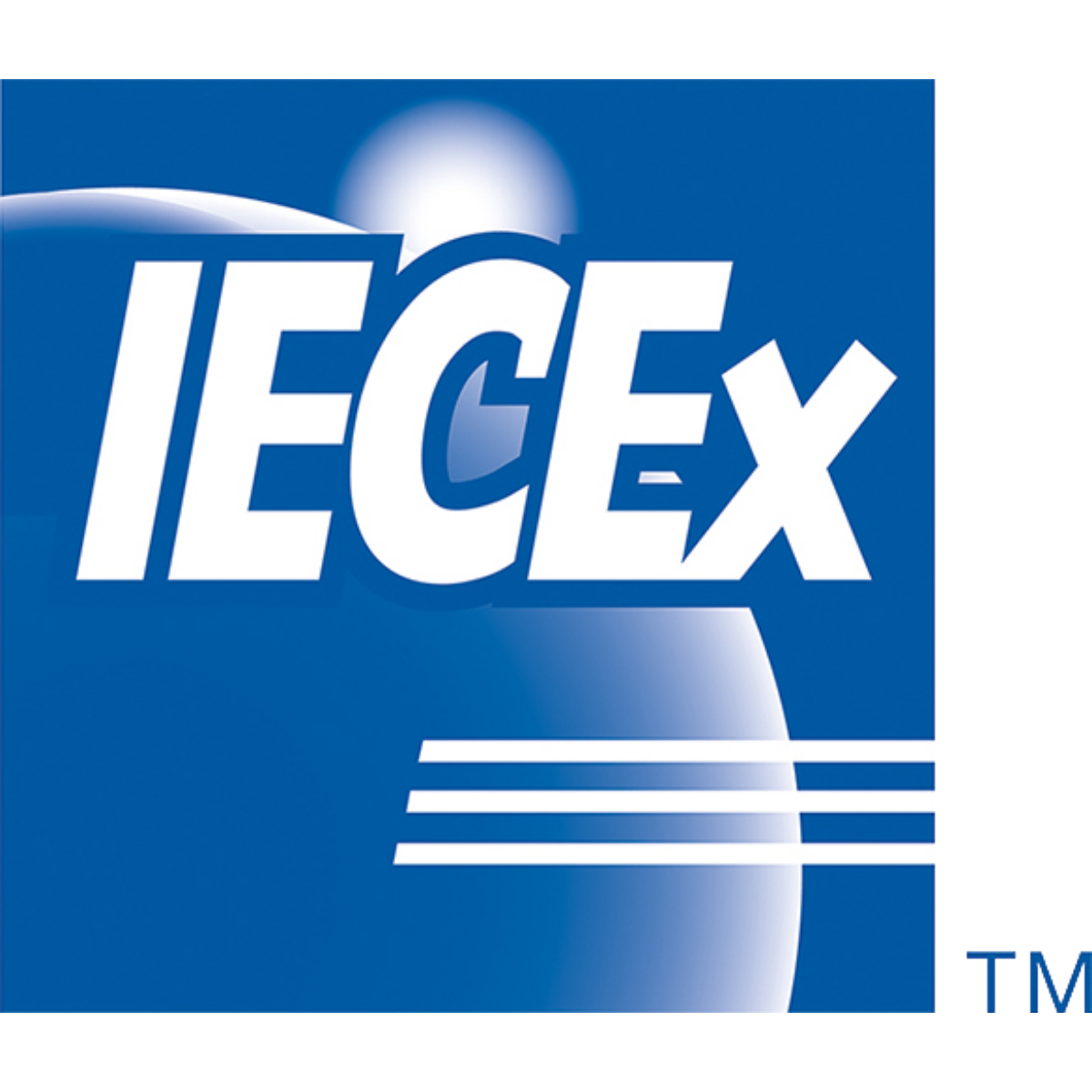
IECEx
The IECEx system is an international certification system. It is developed by the International Electrotechnical Commission.

SIL2(3)
The Safety Integrity Level (SIL) is the ability to reduce the assessed risk by ensuring the reliability of safety systems.

